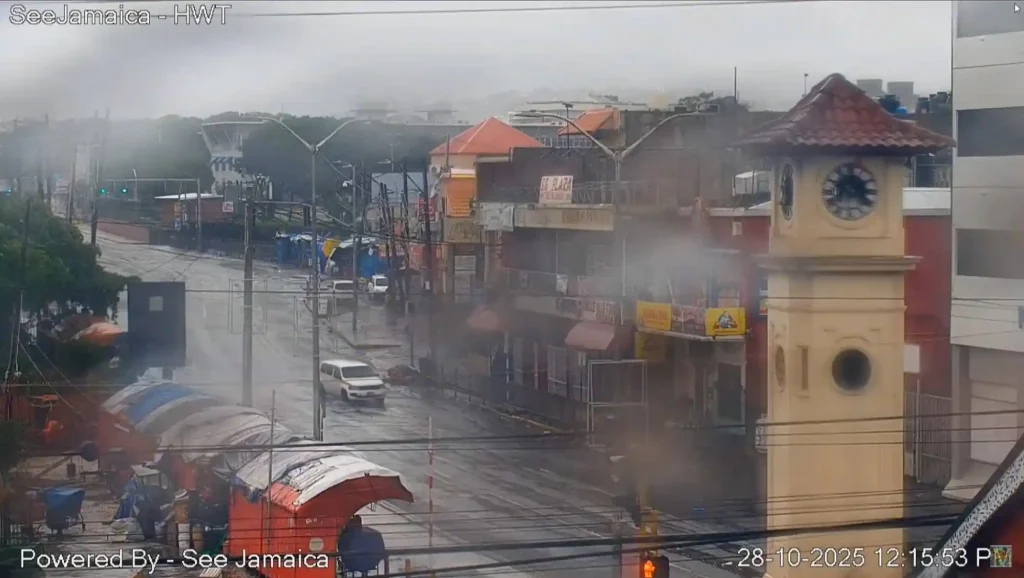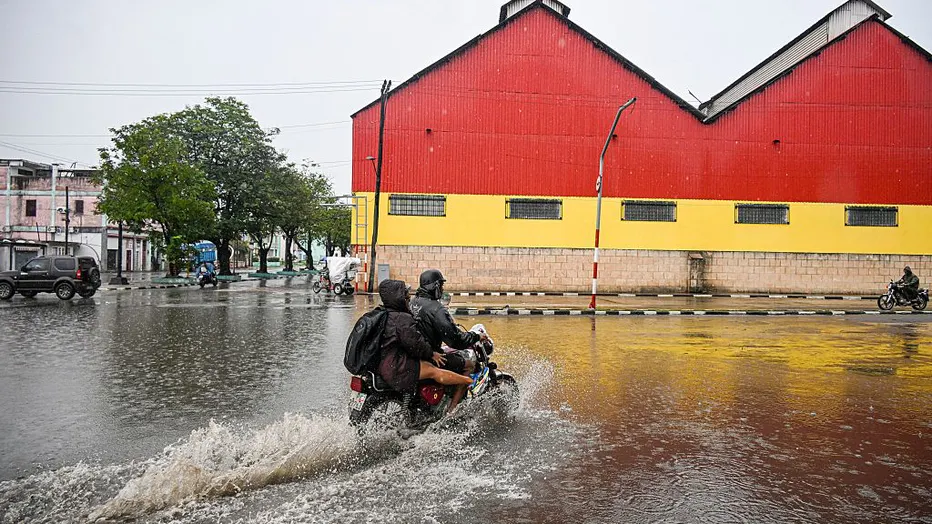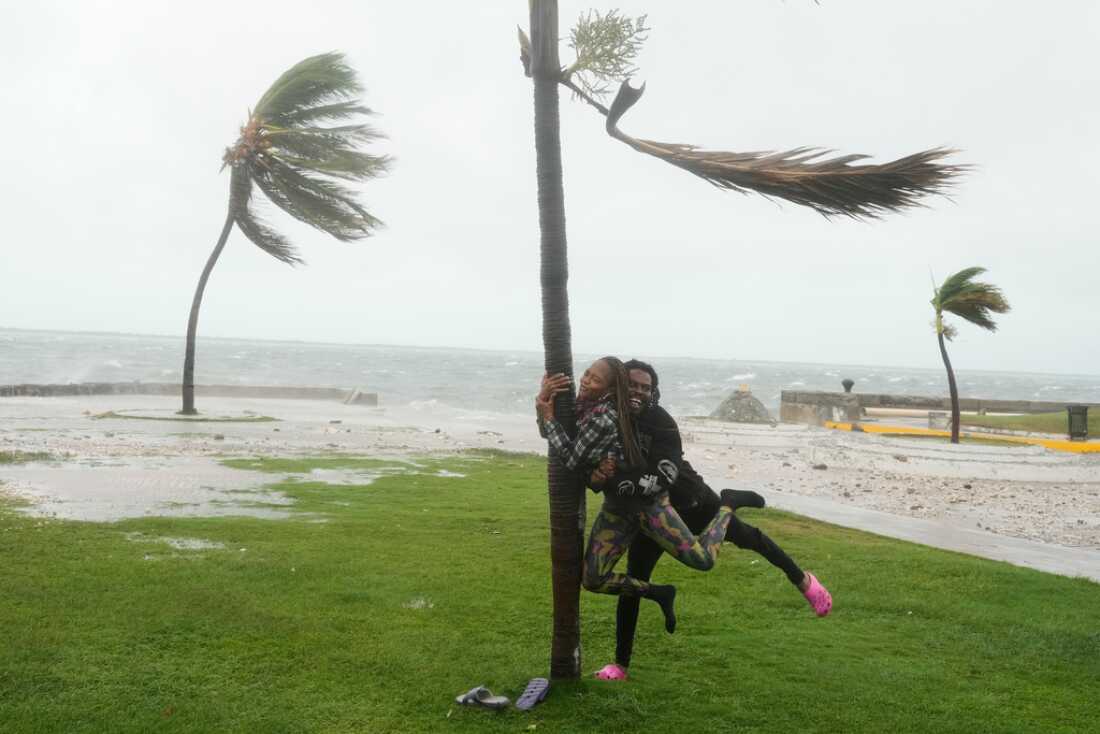The Azure Sky and the Calculus of Devastation…
The stillness arrived first. It was not the tranquility of a morning reprieve; it was the oppressive, saturated, stunned stillness that follows the prolonged wail of devastation. When Hurricane Melissa finally withdrew her gaze from the coastline, she left behind a landscape that resisted recollection, a tumultuous tableau painted in hues of desolation.
Where once stood the vibrant, pastel-toned row houses of Ocean Bluff, there remained only an expansive, gritty chaos of fractured timber, crushed concrete, and the exposed, corroding innards of appliances. The storm surge, serving as Melissa’s blunt-force tool, had not merely inundated the harbor town—it had actively dismantled it.
 Tripod deal. Buy Now
Tripod deal. Buy NowMelissa had not been a nuanced disaster. She was a Category 4 monstrosity that clawed her way ashore with calculated malice, her 140 mph winds stripping the terrain bare. Now, beneath a sky so impossibly, poignantly blue that it felt like a deliberate mockery, survivors sifted through the debris, their expressions marked by a hardened fear that transcended fatigue.

The devastation was both monumental and personal. On the macro level, the utility grid was obliterated. Power poles leaned at improbable angles, resembling inebriated, vanquished giants, their severed lines sprawled like tangled metal vines over the drenched streets. Forests miles inland appeared as though a massive blender had been unleashed upon them, with every tree sheared or broken in half. Bridges linking the mainland were either contorted into abstract forms of steel and asphalt or merely disappeared, leaving hostile voids in the topography.
However, it was in the small, intimate details that Melissa’s true savagery registered. In what once was the town square, a porcelain doll with a fractured face lay partially embedded in the mud, its vivid pink dress stained the hue of aged coffee. A family photo album, remarkably intact yet soaked, had spilled open onto a heap of roof shingles, preserving the last image of a living room that no longer existed. These remnants of everyday existence, cast haphazardly into the disorder, testified to the suddenness of the calamity—the moment when a life of consistency was violently interrupted by the name of a woman who was merely wind and water.
At the periphery of what used to be Main Street, an elderly gentleman named Elias gazed vacantly at the foundation of his home. The structure, which had endured for eighty years, was gone. Not collapsed, but vanished, as if scooped up and relocated miles away. He did not weep or exclaim; he simply bent down and retrieved a single, dulled brass doorknob—the only discernible remnant from his former life. The doorknob was cool in his hand, a tangible weight against the overwhelming buoyancy of the loss.

Melissa’s path was not merely physical; it was temporal. She had irreparably bifurcated the continuum of this community into before and after. The air now carried the scents of pine resin, damp drywall, and the faint, metallic tang of leaking propane—the signature fragrance of profound devastation.
As the days evolved into weeks, the helicopters hovered above, their rhythmic vibrations supplanted the tempest’s clamor as the backdrop of adversity. The grueling, spirit-sapping endeavor of triage and recovery commenced. The magnitude of the undertaking ahead was monumental, necessitating a resilience that appeared unattainable for individuals who had just witnessed their entire existence disintegrate into the Atlantic tide.
The designation “Melissa” would eternally transform from a mere common name into a symbol of the moment their lives were irrevocably altered, a reminder imprinted upon the terrain—a scar in the earth that would require decades to mend, concealed only partially beneath the deceptive, taunting expanse of a now crystalline, deep azure sky.








